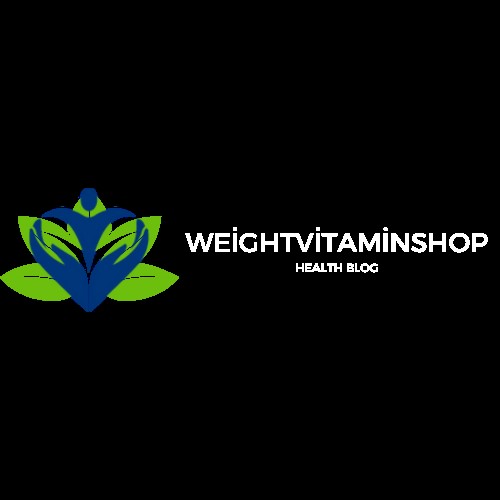
Introduction:
In recent years, there has been a significant rise in the popularity of plant-based diets, making vegan protein sources more sought after than ever before. Whether you’re a vegan, vegetarian, or simply someone looking to incorporate more plant-based foods into your diet, this comprehensive guide will shed light on the nutritional benefits and versatility of lentils, chickpeas, and plant-based powders. From understanding their protein content to discovering delicious and creative ways to incorporate them into your meals, let’s dive into the world of vegan protein sources!
1. Lentils: Nutrition Powerhouses Packed with Protein
Lentils are not only one of the oldest cultivated legumes but are also nutritionally dense and provide an excellent source of vegan protein. With an average protein content of 18 grams per cup, lentils pack a powerful punch. Additionally, they are loaded with fiber, iron, folate, and several essential vitamins and minerals. Moreover, they’re highly versatile, allowing you to incorporate them into a wide variety of dishes, such as soups, salads, stews, and even plant-based meat alternatives.
2. Chickpeas: A Versatile Superfood Bursting with Protein
Chickpeas, also known as garbanzo beans, are another exceptional source of vegan protein. With around 15 grams of protein per cooked cup, chickpeas offer a protein-packed alternative to animal-based protein sources. They are also rich in dietary fiber, making them beneficial for digestive health and providing long-lasting satiety. From hummus and falafel to curries and salads, chickpeas can be transformed into a multitude of mouthwatering dishes, showcasing their versatility in the kitchen.
3. Exploring the Benefits of Plant-Based Protein Powders
While whole food sources like lentils and chickpeas are fantastic options, sometimes you may require protein in a more convenient and concentrated form. Enter plant-based protein powders. Derived from ingredients like pea, hemp, rice, or soy, these powders offer an easy way to increase your protein intake. With an array of flavors and brands to choose from, you can find a powder that suits your taste preferences. It’s important to note that plant-based protein powders can vary in their protein content, so make sure to read labels carefully and select ones that offer at least 20 grams of protein per serving.
4. Delicious Recipes Incorporating Vegan Protein Sources
Now that we’ve explored the nutritional benefits and versatility of lentils, chickpeas, and plant-based protein powders, let’s delve into some delectable recipes to inspire your vegan protein journey:
– Protein-packed lentil curry: A fragrant blend of lentils, spices, and coconut milk, this curry is a comforting meal that’s both nutritious and delicious.
– Crunchy roasted chickpeas: Snack time just got better with this simple yet crunchy treat that turns humble chickpeas into a satisfying and protein-rich snack.
– Green smoothie with plant-based protein powder: Start your day on a nutritious note with a refreshing green smoothie packed with leafy greens, fruits, and a boost of plant-based protein powder.
Elevate your fitness game with Puravive’s Advanced Fitness Tracker. This state-of-the-art device is designed to monitor your workouts, track your progress, and keep you motivated on your fitness journey. Stay ahead in your fitness goals with Puravive. Visit the Puravive Advanced Fitness Tracker Product Page.

